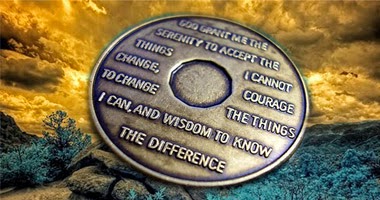Concussion-like symptoms is a rather silly sounding sport's term that means - "the player took a lick in the head and now he or she is acting like they took a lick in the head."
Before "like" can be removed from the term a few things must happen.
1. Someone must call time out.
2. Someone must ask the player how many fingers they are holding up in his/her face.
3. The player must be taken to the hospital where he can be examined by a doctor who has been trained to hold up more than two fingers when asking "how many fingers am I holding up.
4. The doctor must make the official call - concussion or no concussion.
Here's a preliminary report on an incident that resulted in a verdict of concussion-like symptoms:
ST. PETERSBURG -- Pirates left fielder Starling Marte left the Bucs' 6-5 win over the Rays on Tuesday with concussion-like symptoms after he slid headfirst into Tampa Bay second baseman Sean Rodriguez's knee.
"He had concussion-like symptoms, so we sent him to the hospital to get a CT scan. We haven't had any report back," manager Clint Hurdle said after the game.
Now, here's something to ponder. Can a player have concussion-like symptoms if no one calls time out, waves two fingers in his face, confronts him with a medical degree, or officially rules on his condition?
I say, "Nope." Unless those four things happen, there is no concussion. I should know. That's my black eye in the picture. I got that at 10 PM last Thursday while closing in on the five mile mark of a scheduled 7.3 mile run. I wasn't sliding into first base. I wasn't paying close enough attention when I came to end of a stretch of road that was under construction and I didn't notice the five inch drop from the surface of the street I intended to turn on.
For a almost frozen moment in time, I realized I was about to do a header and there was nothing I could do about it except watch. I took the force of the fall first on both knees, then on the palms of both hand, and finally on my forehead, which ricocheted off the pavement at least twice before it stopped moving.
There was no one around to call time out, or to penalize me for the tacky thing I screamed at myself. Though I was only a block from Huntsville Hospital, there was no one to pick me up and put me on a John Deere powered stretcher, no crowd to applaud my survival, and no one for the coach to send in to take my place. So, even though it wasn't a lot of fun, I had to get up, turn north, and start running again. So I did.
A half block later, with thoughts of paying more attention running through my sore head, another thought ran through my slightly battered and a little bit bloodied head - I can't be hurt, no one called time out. I looked at my official Garmin heart monitor-GPS-runners watch and realized that though I'd lost some time, if I pushed, I could get back on my 14:47 pace and not suffer in the indignity of a run at 15+ minutes per mile. So I did.
Remember, if no one calls time out and you can get up and run, you are alright. Go for it.







